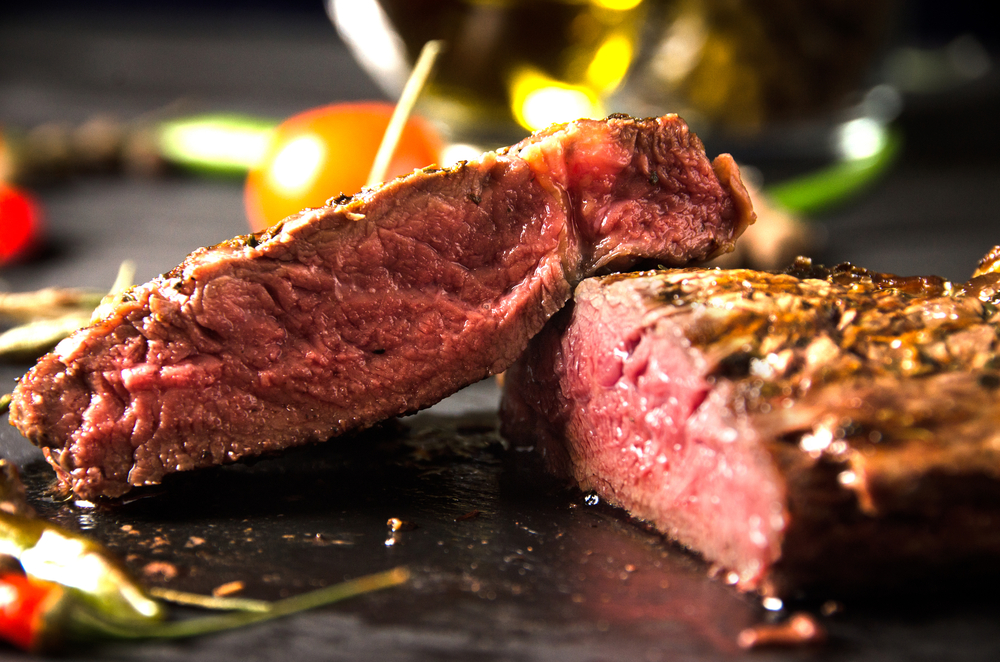
This question was brought up in Ha’aretz “the paper of the thinking person” in their own words. Let’s see what they came up with.
First let’s discuss the trend. Rotem Maimon wrote about this and here’s the story of what has happened these past few years. “Bugsy” was a very successful restaurant on Florentine Street in Tel Aviv. Chef Clor told her daughter Esther, ”I plan on closing on Shabbat”. Esther was sure her mother lost her mind. ”How can you close your restaurant for Shabbat when most of your income is from Shabbat?” Esther wondered. She wandered around in shock for two days until she acquiesced. Right after Tisha B’av kashrut supervisors came in and within a few hours kashered her establishment. Those short hours were the culmination of many many hours of thought and doubts. The restaurant that served milk and meat for breakfast became Kosher.
A month later the feeling was unpleasant. “We’re being banned!” Esther typed in the social media. “People in Florentine, who should respect our choice, always talking about respecting differences are sending messages of mourning to our Facebook page. This in addition to the uncomplimentary press we’ve been getting. Those talking of acceptance turned their backs to us.”
“The problem was that the religious people weren’t yet coming. They were why we changed our restaurant to begin with. To be the first restaurant that knows how to give all of religious Jewry, no matter what color kippa, not just a restaurant but a place that’s fun to be in”. Maimon wrote that after Esther posted those words they took off on whatsapp and other social media of many religious people, over 1,400 “shares”. Since then on any plain Sunday you won’t find an empty seat there!
Haaretz says this is just the beginning of a trend. At the same time Bugsy was changing, Chef Meir Adoni announces that he was removing pork from his restaurants after his late grandmother came to him in a dream asking him to do so. Soon afterwards he closed his non-kosher restaurants “Catit” and “Mizlala” to focus on kosher restaurants. This was right after the “Herbert Samuel” restaurant was also being closed in favor of a kosher restaurant. Chef Nir Tzuk closed his non-kosher restaurants and reappeared in a kosher restaurant named Mapu. At the same time “Shain and Sharp” closed and reopened as a kosher restaurant called Meat Kitchen. Even non-kosher establishments removed many items from their menus due to requests from their clients.
Trying to explain this trend , Haaretz quotes Shai Berman, the head of the Israeli Restaurant Association. “For many years there was a vacuum in kosher restaurants. The ones that existed were of a low level and it was felt that proper high level cooking could not be kosher. However a great demand for kosher grew as American and French tourists came and created this demand.”
Haaretz also quotes Eldad Raviv the head of the Tel Aviv religious council. “Getting kosher certification is much simpler and user friendly than it used to be. We streamlined the process and shortened the time it takes. The prices have also dropped. People say this is a trend but it’s a trend of something ancient in undreamt of proportions.”
For comparison in 2010 there were over 850 kosher restaurants that had no certification but now in 2016 there are over 1,000. One reason is the great demand created in Tel Aviv. The other is that more and more ingredients are certified kosher so the conversion process is less daunting.”
These can all contribute to the increase in kosher consumption but it doesn’t totally explain it. Besides the profits, the convenience of changing over and the demand created by tourism for kosher restaurants, there is something more basic. More and more Jews in Israel seek a strong bond with their Creator, involving following the path of their fathers and mitzvah observance. This is the obvious reason for this phenomenon. It should have also been obvious to the editors of Haaretz “The paper of those who think”! But they wouldn’t be comfortable with that.
